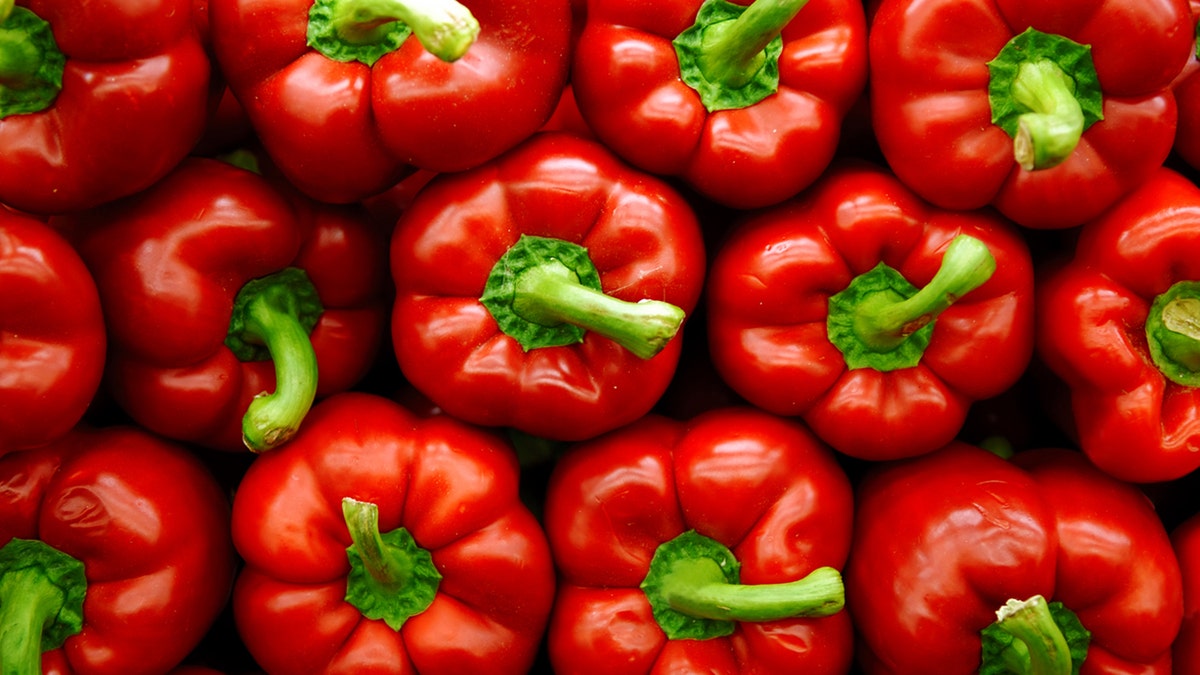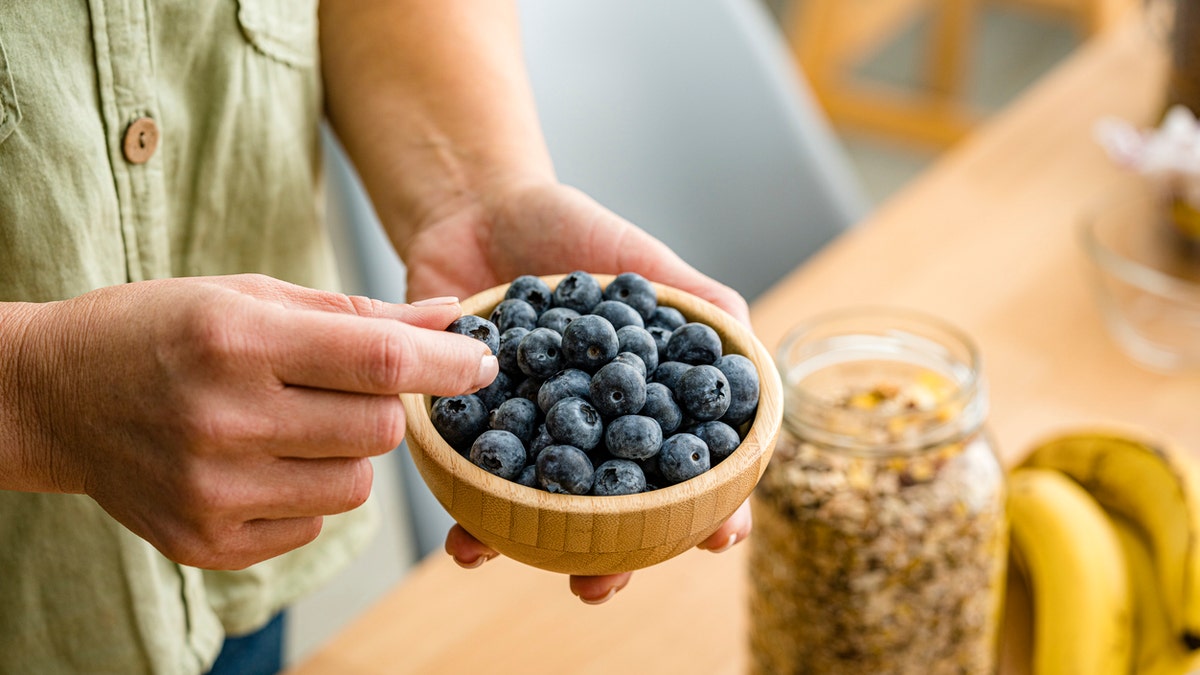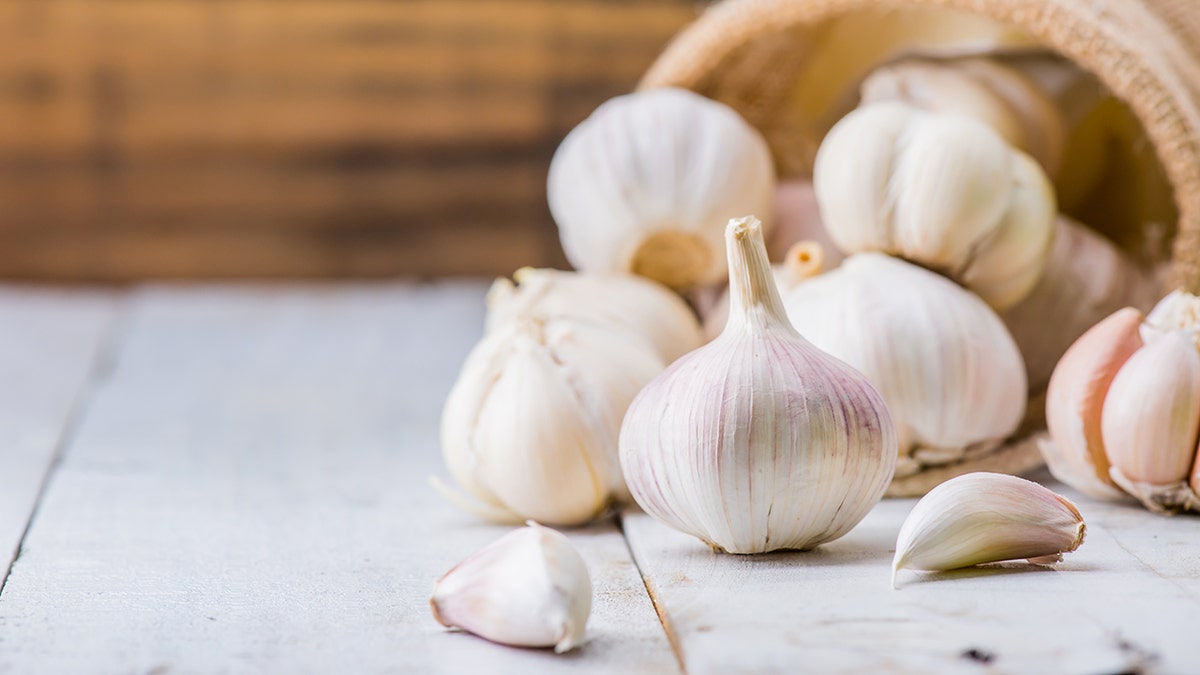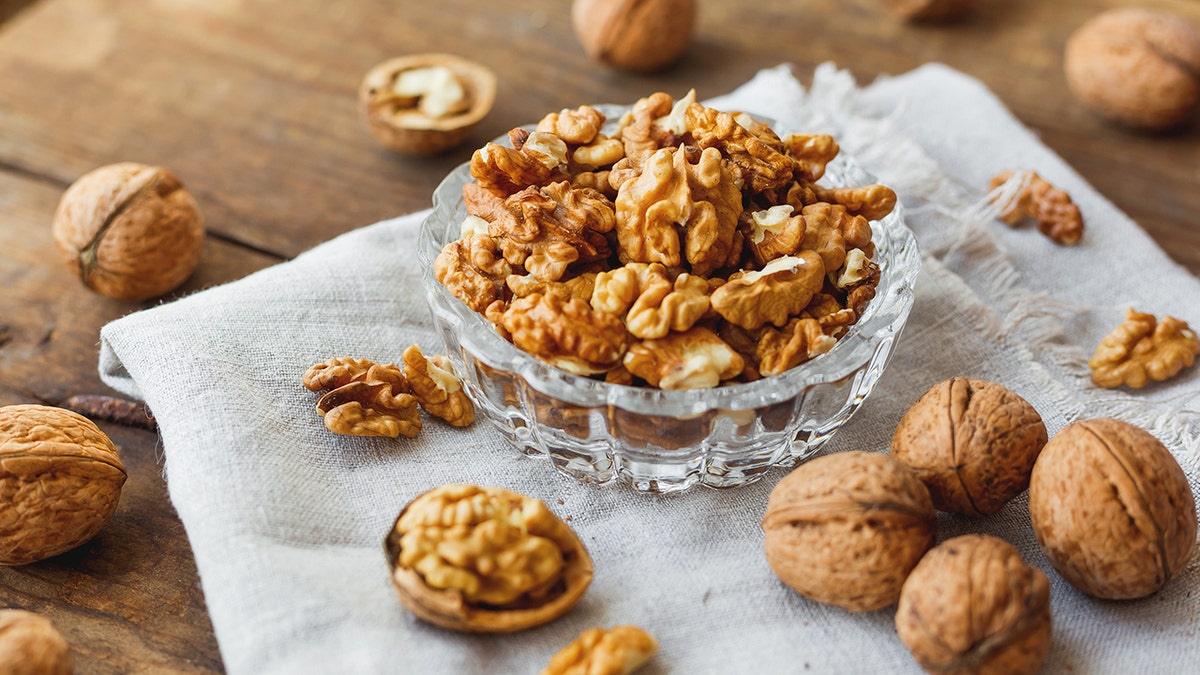Navigating cold and flu season effectively involves various strategies, and a crucial one is focusing on your diet. Dr. Nicole Saphier, a medical contributor on Fox News, recently highlighted some powerful foods that can bolster your immune system during this vulnerable time.
On "Fox & Friends Weekend," Dr. Saphier emphasized the importance of preventative measures, noting that effective remedies for cold and flu symptoms are limited once infection occurs. She recommended incorporating the following immune-boosting foods into your diet:
1. Red Bell Peppers

A single raw red bell pepper provides over double the recommended daily intake of vitamin C, a vital nutrient for immune function. While cooking methods like grilling or boiling slightly reduce vitamin C content, these peppers remain a nutritional powerhouse.
2. Blueberries

Dr. Saphier praised blueberries as a "superfood" packed with antioxidants and low in calories and sugar. A handful of these berries is a simple way to enhance your nutritional intake.
3. Citrus Fruits

Citrus fruits like oranges and lemons are abundant in vitamins. However, Dr. Saphier cautioned against excessive consumption due to their sugar content, particularly in concentrated juices. She suggested consuming them raw or incorporating them into homemade juices with other healthy ingredients like spinach, celery, turmeric, and ginger.
4. Garlic

Garlic, often overlooked, is a potent immune booster. Dr. Saphier incorporates liquid garlic into her juices for an added health benefit.
5. Walnuts

While not directly linked to immunity, walnuts offer significant benefits for brain and cognitive health, contributing to overall well-being. Dr. Saphier emphasized the importance of maintaining both physical and mental health.
Dr. Saphier also recommended opting for organic produce whenever possible to minimize exposure to pesticides and other additives. She acknowledged the higher cost of organic options and expressed a desire for greater affordability and accessibility.








